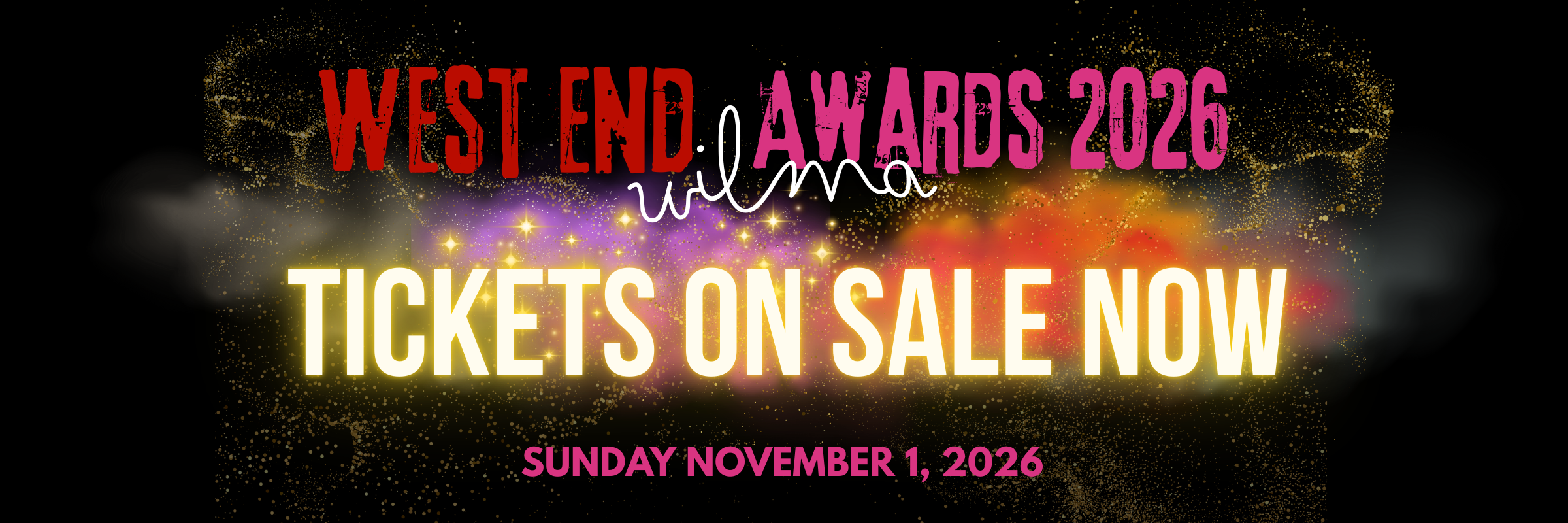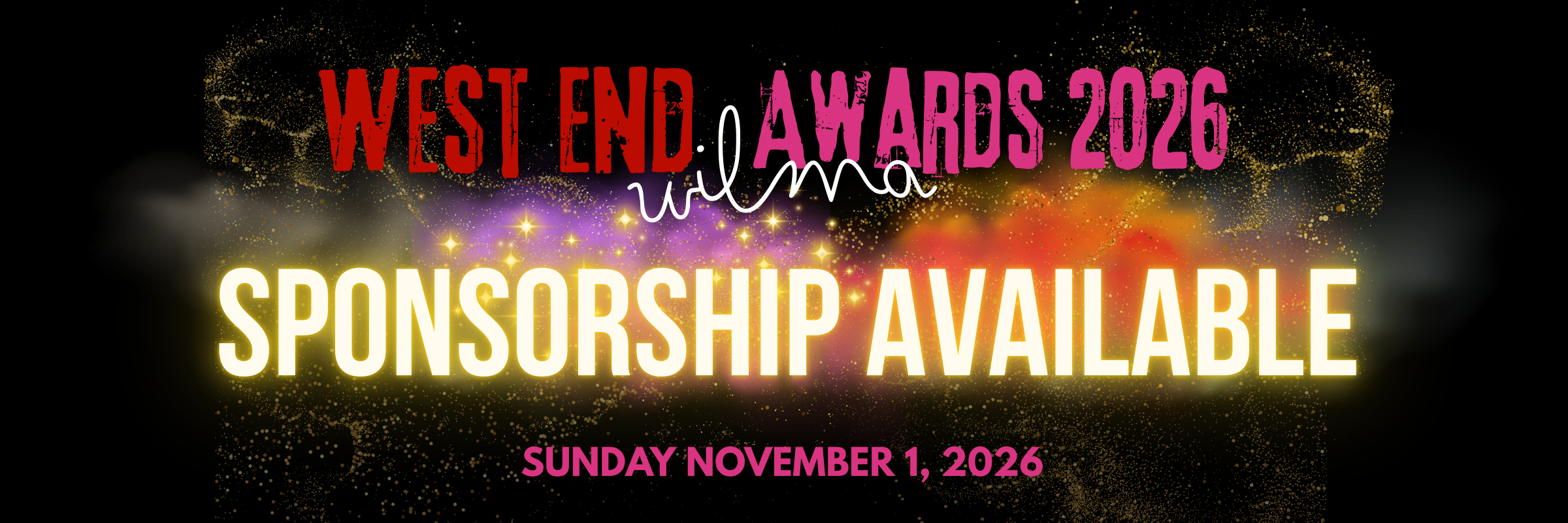
It’s not often that an audience has a chance to be a part of a play’s structural direction, but with Melanie Anne Ball‘s A. I. Love You, onlookers play the role of observer, critic and jury in this emotionally-charged, deeply moving piece.
Two characters introduce themselves as Adam and April, a couple who have been together for three blissful years of happiness. However, something is visibly distressing the pair; April is dying, and is seeking the right to end her own life before the misery of her suffering hurts Adam further. What follows is a thrilling hour of debate, as the opposing views fight for their side to be heard – with the audience voting at regular intervals on whose argument they feel is strongest. At the end, the ultimate decision must be voted on: does April live or die?
Of course, this isn’t simply another debate on euthanasia – this circumstance is made all the more fascinating by the important fact that April is in fact not human, but instead a first-generation robot, of ‘artifical intelligence’. Now, this was some emotionally challenging stuff. I thought harder about the complexities of this issue than anything else I’d thought about all day (sorry work…), it was an assault on the very moral and ethical fibres of my brain. As we heard from the two characters, minds were whirring silently around the room as audience members sympathised, (at some points) empathised, disagreed, scoffed, shook and nodded their heads at elements of the case before them. I personally changed my mind throughout, having a totally separate, constant debate raging through my head on which way I was going to vote and why. This piece of drama is supposed to expose and challenge some deeply upsetting and uncomfortable questions, forcing us to come to a conclusion, however impossible it feels to choose.
Eve Ponsonby and Peter Dewhurst portrayed a thoroughly convincing bond between two long-term lovers, capturing the essence of the seriousness of their characters’ situation. As the minutes ticked by, Dewhurst gradually unravels Adam’s personality to great effect, convincingly presenting the utter despair he feels at the prospect of losing April, and other, previously hidden, aspects to his personality. Eve was particularly impressive at balancing the task of being a personable, ‘realistic’ human female with also being an appeasing, logical robot: a difficult character to technically bring to life. This play is emotionally harrowing to say the least, so the accurate casting of Adam and April is imperative in order to obtain an authentic and convincing dynamic.
It truly felt as though we as the audience were in a jury-like environment, invading a very intimate turning point in two peoples’ lives – credit to Joe Ball as director for establishing this authentic atmosphere, with a minimalist set almost chilling in its nature. Despite its very serious and thought-provoking content, ‘A. I. Love You’ offers several comedic moments, providing light relief to the intensity. But ultimately, the lights went out at the denouement and I was left with goosebumps.
We have all by now resigned ourselves to the reality that the future is in artificial intelligence; we can sense that what it is to be ‘human’ will be questioned repeatedly over the next few generations of technology. Giving an audience the opportunity to debate this through an artistic medium, whilst still being entertained and thrilled, is a truly innovative and unique idea. Also, knowing that the play has the option of going a different way (should the audience be of a different opinion one night) is fascinating, and leaves you feeling tormented over the result, wondering: “What if I had voted differently?”
Reviewed by Laura Evans


